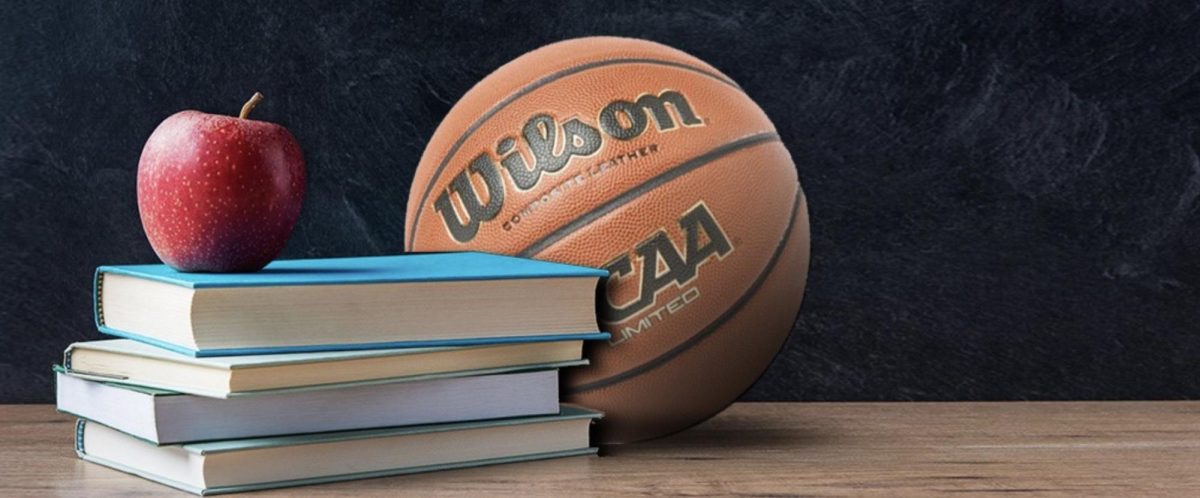Student-athletes have often been subjected to substantial pressure to balance sports commitments and academic studies. However, many individuals are ignorant of understanding the physiological components of an athlete’s behavior once joining a sport with a negative environment.
As a society, there is no specific measurement of a person’s well-being; especially when everyone has various perspectives on the human experience. What is certain is that it is important to detect if a person is struggling with their mental health. Furthermore, it is in the best interest of the coaches and teammates who rely on certain individuals for the success of their team to consider the impact of their actions and behavior on others.
Why Student-Athletes Can Become at Risk of Mental and Physical Health Problems
As frightening as it sounds, a person can have an increased risk of developing certain eating disorders, including eating and substance-related disorders. According to pediatrics specialist Dr. Sydney Hartman-Munick, studies have concluded that “1 in 5 teens may struggle with disordered eating behaviors”. The tumultuous events of adolescence, including puberty, peer pressure, self-consciousness, and body dissatisfaction, can ultimately trigger these illnesses. However, all of these influences can be derived from expectations within a sport.
Various stressors can trigger a student athlete’s well-being such as suffering from serious injuries, getting kicked off a team, or experiencing conflict with teammates and coaches. But school does not make a student-athlete’s experience any easier when there is pressure to adhere to academic deadlines. A student’s identity may derive from the sport they play and their coaches may be reluctant to acknowledge how academic workload can restrict them from training to the best of their ability.
Upperclassmen student-athletes are also at a greater risk of developing mental health issues — as they are the individuals who are experiencing a great amount of change in their lives, specifically because they will graduate soon. During times of transition, psychological disorders worsen during periods of transition. A student-athlete may find it difficult to endure the discomfort of change or when their peers expect them to perform well for recruiters and scouts.
From the Perspective of a Student-Athlete
While many struggle to understand the complexities of being a student-athlete, a former wrestler and softball player has been open to sharing her experience with the sport:
As she participated in wrestling during her junior and senior years of high school, her experience was one she will always cherish; however, there were multiple occasions where she disliked some of the habits she experienced during that time. She believes there were times when the team had to perform extensive amounts of running as a punishing method for not “working hard enough, running fast enough, someone getting into trouble in school, or being disrespectful”. The former wrestler agrees punishments are reasonable for becoming an athlete, but not to an extent where students are crying and getting sick. Thoughts of anxiety have triggered her to experience nausea due to witnessing these punishments during wrestling practice.
She also shared how coaches do not teach their athletes how to properly diet for cutting weight. There were times were people would comment on her weight saying, “You’re big for a girl wrestler”. Although these comments were from people outside of her high school team and coaches, the impact of these words, she expresses, is very impactful on a woman in sports.
In her 13 years with softball, she had to “look pretty” by doing her hair a certain way or wearing makeup to fit the female stereotypes within society.
“You can’t cheat or change the system, but it also depends on if you have a good coach to help you”, she remarks. Playing sports has been the most rewarding experience she will get to look back on as she “would never change a thing”. But she believes a good coach, one that makes the sacrifices worth continuing a sport, is most important.
The Sport or the System
A student-athlete is aware of what they are involving themselves in when they first join a sport. They understand the difficulties, sacrifices, victories, losses, etc. One could argue that it is inevitable to change how harsh the conditions are for any athlete. But no one should make sacrifices in hopes of obtaining a respected image amongst the athletic community. Rules are willing to be changed to help prevent mental health-related risks from occurring in sports, but schools need to research more about deciding exactly what methods are best for their students’ well-being.










